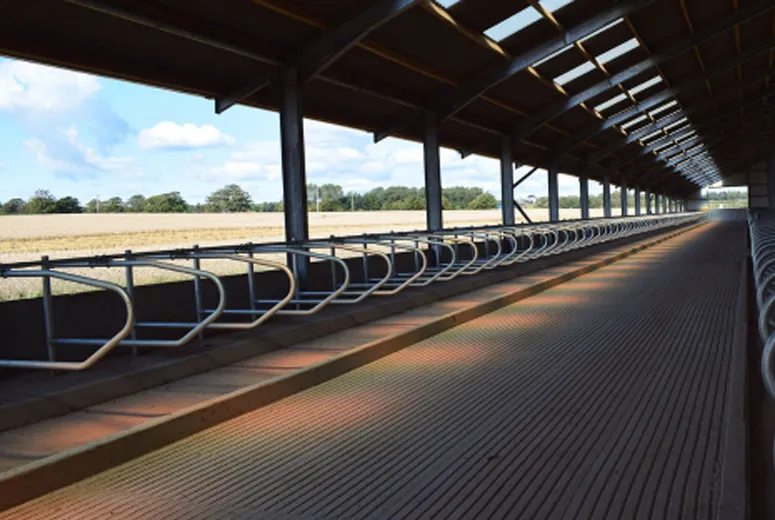- Afrikaans
- Albanian
- Amharic
- Arabic
- Armenian
- Azerbaijani
- Basque
- Belarusian
- Bengali
- Bosnian
- Bulgarian
- Catalan
- Cebuano
- Corsican
- Croatian
- Czech
- Danish
- Dutch
- English
- Esperanto
- Estonian
- Finnish
- French
- Frisian
- Galician
- Georgian
- German
- Greek
- Gujarati
- Haitian Creole
- hausa
- hawaiian
- Hebrew
- Hindi
- Miao
- Hungarian
- Icelandic
- igbo
- Indonesian
- irish
- Italian
- Japanese
- Javanese
- Kannada
- kazakh
- Khmer
- Rwandese
- Korean
- Kurdish
- Kyrgyz
- Lao
- Latin
- Latvian
- Lithuanian
- Luxembourgish
- Macedonian
- Malgashi
- Malay
- Malayalam
- Maltese
- Maori
- Marathi
- Mongolian
- Myanmar
- Nepali
- Norwegian
- Norwegian
- Occitan
- Pashto
- Persian
- Polish
- Portuguese
- Punjabi
- Romanian
- Russian
- Samoan
- Scottish Gaelic
- Serbian
- Sesotho
- Shona
- Sindhi
- Sinhala
- Slovak
- Slovenian
- Somali
- Spanish
- Sundanese
- Swahili
- Swedish
- Tagalog
- Tajik
- Tamil
- Tatar
- Telugu
- Thai
- Turkish
- Turkmen
- Ukrainian
- Urdu
- Uighur
- Uzbek
- Vietnamese
- Welsh
- Bantu
- Yiddish
- Yoruba
- Zulu
Nov . 02, 2024 03:08 Back to list
Designing steel portal frame buildings according to Eurocode 3 is an essential process that ensures safety, efficiency, and sustainability in modern structural engineering. Eurocode 3 is a European standard that provides guidelines for the design of steel structures, addressing aspects such as material properties, load considerations, and structural integrity.
Steel portal frames are widely used in industrial and commercial buildings due to their inherent advantages. These structures are characterized by a series of vertical columns connected by horizontal beams, forming a rigid framework that efficiently supports roof and wall systems. The simplicity of design and ease of construction make portal frames a preferred choice for large-span applications.
When designing portal frames under Eurocode 3, engineers must consider several factors. First and foremost, the mechanical properties of the steel material must comply with the specifications outlined in the Eurocode, including yield strength and ultimate strength. The selection of an appropriate grade of steel is crucial, as it influences the overall performance and durability of the structure.
Load assessment is another key aspect of the design process. Eurocode 3 requires consideration of various loads, including dead loads, live loads, snow loads, wind loads, and seismic loads, depending on the geographical location and intended use of the building. Proper load combinations must be applied to ensure that the portal frame can withstand anticipated stresses throughout its service life.
design of steel portal frame buildings to eurocode 3

The stability of the structure is paramount. Designers must ensure that the portal frame can resist lateral forces, which may cause buckling or lateral torsional buckling of the members. This may involve the incorporation of bracing systems or lateral supports to enhance stability.
Furthermore, Eurocode 3 emphasizes the importance of serviceability criteria, ensuring that the structure not only withstands ultimate loads but also remains functional and aesthetically acceptable during normal usage. Deflection limits and vibration criteria must be met to guarantee user comfort and safety.
In conclusion, designing steel portal frame buildings following Eurocode 3 is a comprehensive process that ensures structural integrity and performance. By addressing material selection, load considerations, stability, and serviceability, engineers can create safe and efficient buildings that meet contemporary demands. This adherence to standards not only enhances the quality of construction but also contributes to the sustainability of the built environment.
-
How Do Prefabricated Steel Structures Transform Modern Construction?
NewsJul.14,2025
-
How Do Prefabricated Metal Buildings Redefine Modern Construction?
NewsJul.14,2025
-
How Do Prefab Insulated Metal Buildings and Steel Structures Revolutionize Modern Construction?
NewsJul.14,2025
-
How Do Pre - Engineered Steel Structures Redefine Modern Construction?
NewsJul.14,2025
-
Advancing Modular Construction with Prefabricated Metal Structures
NewsJul.14,2025
-
Advancing Industrial Infrastructure with Prefabricated Steel Solutions
NewsJul.14,2025
Products categories
Our Latest News
We have a professional design team and an excellent production and construction team.












